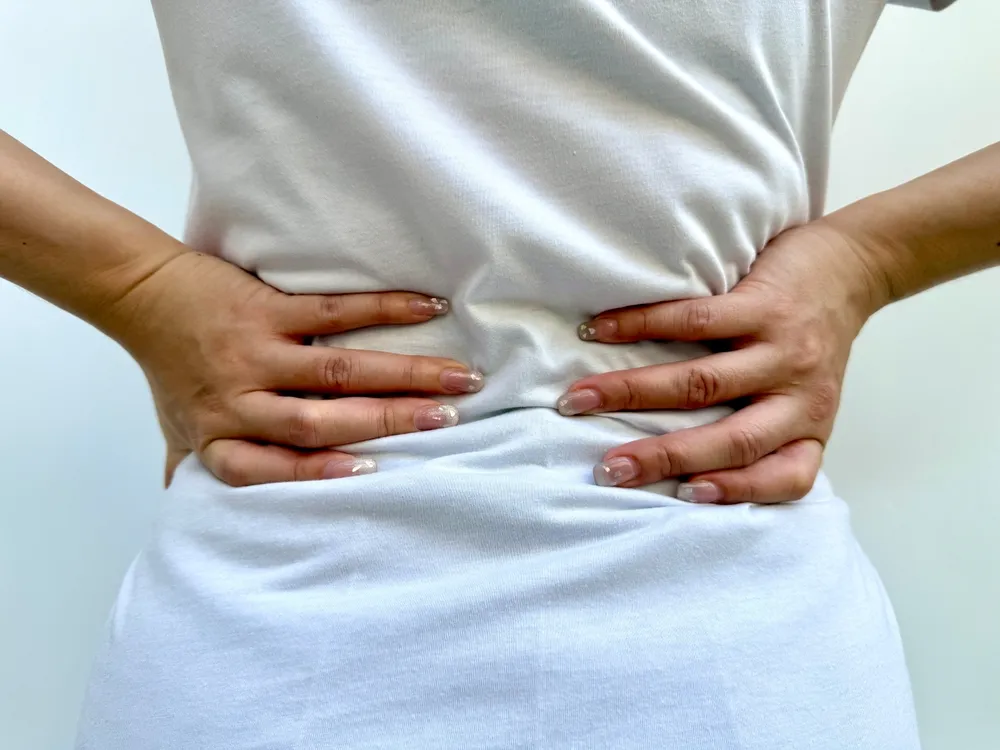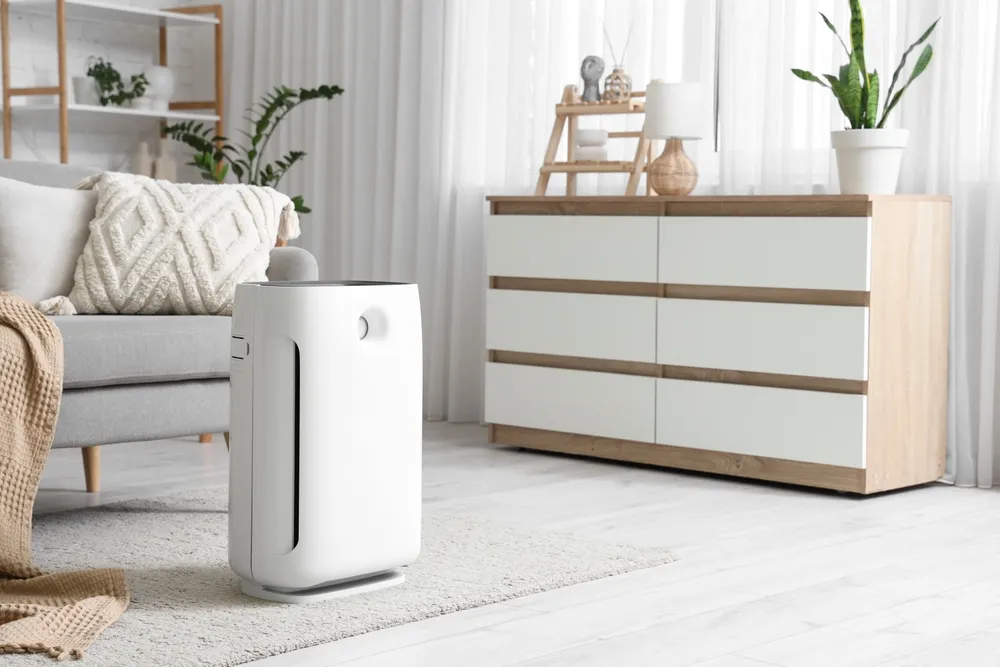Despite the fact that everyone sleeps and does so daily, it should be easy to assume that we know all about sleep, right? After all, an average of 26 years, which is almost a third of our life, is spent sleeping!
But the fact is that even though we spend so much time sleeping, we still don’t fully understand the notion of sleep. We’re always wondering how to get the best sleep, is it better to sleep without a pillow, what time to go to sleep. The questions are almost endless!
In this article, we answer 10 of the most frequently asked questions about sleep in the hope that you don’t lose any thinking about them!
Question 1 – Is it better to sleep without a pillow?
Pillows are synonymous with beds and sleep. The thought of sleeping without one is almost absurd. Pillows provide neck support, align it with the rest of your body and promote good posture. But for some, sleeping without pillows can actually be more beneficial than they think.
For stomach sleepers, having no pillow can keep your head flat. This reduces neck pain and promotes good posture. But for the other type of sleepers (side and back), sleeping with a supportive pillow is definitely recommended to keep your head and neck, and spine straight..
Question 2 – How many hours of sleep should I get?
The age-old question has the same age-old answers: it depends. It may seem like a cop out answer but the truth is that everyone is different. Some may find that 5 hours of sleep is enough, while others need a full 8 hours.
Your optimal hours of sleep is dependent on you and your lifestyle. However, it is generally recommended that healthy adults get at least 7 to 9 hours of sleep every night.
Question 3 – Do daytime naps affect my evening sleep?
Napping in the daytime is a great way to refresh and revitalise your entire body. They can, however, have a significant impact on your sleep later in the night. The keys to daytime napping are:
- When you nap
- How long you nap
The Sleep Foundation recommends that you nap no later than 2PM. Napping after the 2PM threshold can affect your sleep schedule resulting in an inability to fall asleep at your usual bedtime.
It’s also been shown that naps should not last longer than 30 minutes. Doing so can leave you sluggish, groggy and more tired than you were before your nap.
Question 4 – What is the best temperature to sleep in?
Temperature is one of the most impactful factors in getting a good night’s sleep. Too hot and it can cause night time sweats and too cold will have you shivering so much that you can’t sleep. Finding the right temperature is difficult, because it differs from person to person.
In general, it is recommended to sleep at a room temperature between 18℃ – 22℃. You can achieve this by using heaters or air conditioners and adjusting them to find the sweet spot.
Question 5 – How can I fix my sleep schedule?
Sleep schedule refers to the internal clock your body has that tells you when to go to bed. It’s also called our circadian rhythm. However, external factors can cause our sleep schedule to change. This causes us to not feel sleepy when we should be, or not waking up well in the morning.
To fix your sleep schedule you can try doing the following:
- Reducing your exposure to light before bedtime
- Practicing meditation or relaxation
- Getting daily exercising
- Avoiding noise
Question 6 – What type of mattress should I sleep on?
Mattresses are a matter of personal taste and preference. Most mattresses come in three different types: soft, medium and firm. For best sleep results, you should be willing to try out the different types and see which one is best for you.
There are basic guidelines to keep in mind. If you prefer sleeping on your side, you might fare best with a soft mattress. On the other hand, if you’re a back sleeper, a firm mattress might be your style. The bottom line is to find a mattress that gives you the best quality of sleep possible.
Question 7 – Do humidifiers really help me sleep better?
Humidifiers are devices that add moisture to an otherwise dry room. The added moisture is beneficial to your sleep in many ways. The clear air makes it much easier to breathe throughout the night. This can help heavy snorers.
To add on to their sleep benefits, most humidifiers have a white noise function or produce white noise on their own. This gentle background noise can help lull you to sleep quickly.
Question 8 – How much sleep is too much?
While getting enough sleep is essential to healthy living, the ‘benefits’ of sleeping too are slim and almost harmful. Oversleeping has been linked to many medical problems such as diabetes and heart disease.
Sleeping too much can also be an unexpected symptom of mental issues such as depression. Over 10 hours of sleep every night is considered to be too much for adults.
Question 9 – What food can I eat to help me sleep better?
Turning to food to solve your sleep problems seems counterintuitive. After all, you’ve been taught that eating food before bedtime is a bad idea! But actually, there are some foods that promote a good night’s sleep!
Chamomile tea is a popular one, since it contains antioxidants that promote sleepiness and reduce insomnia. Kiwi fruits are also rich in serotonin which is a chemical that regulates sleep cycles. One last example are almonds which naturally contain melatonin.
Don’t lose sleep wondering if sleeping without pillows is bad
Hopefully this article has made sleep less complex and more easy! Sleep shouldn’t be complicated; it’s your body’s time to relax, rest and heal. Now you’ll be able to go to bed with 9 less questions on your mind, and with more knowledge about good sleep.
Wanting to go beyond asking ‘is it better to sleep without a pillow’? Check out the OSIM Wellness Hub! We have articles about achieving the best sleep possible, what makes for the ultimate night routine and more. Get the sleep of your life and check it out now!




